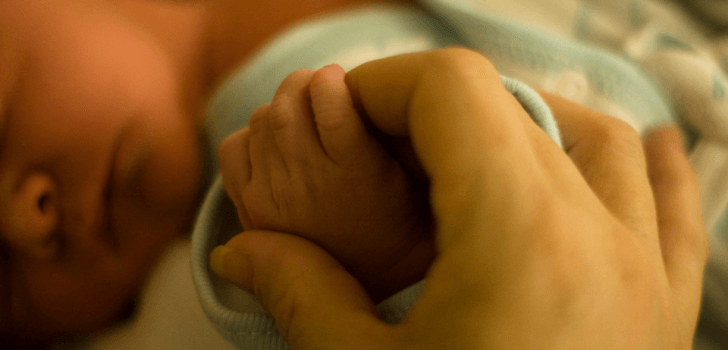Uterus transplants will soon be arriving in the United States, as the Cleveland Clinic recently announced that ten women will be receiving such transplants. The operations will take place sometime in the coming months. Last year, the first ever successful uterus transplant occurred in Sweden.
Additionally, ten women in the United Kingdom will also receive uterus transplants next month. The procedures are a part of a clinical trial, and if they are successful, will open the door for even more procedures in the future.
One anonymous woman receiving the procedure suffers from a condition that is known as Mayer Rohitansky Kuster Hauser. She was born without key reproductive parts, and when she was 16, doctors told her that she would never be able to have a child. The condition affects one in every 5,000 women, and it is typically diagnosed at puberty.
Earlier this year, doctors at the Cleveland Clinic received the approval from the clinic’s Institutional Review Board. After receiving permission, the doctors began screening candidates for the procedure. The women who will receive the operations are all between the ages of 21 and 39, and they all suffer from uterine factor infertility.
According to Cleveland Clinic doctor Tommaso Falcone, these transplants are highly experimental in nature. Still, he hopes that the procedure will at least explore the feasibility of this approach for helping sterile women.
The patients in the study will undergo a complex procedure that involves the freezing and stimulation of multiple eggs, the donation of a uterus from a deceased organ donor and, if all goes according to plan, a birth via Cesarean section.
Six to eight hours after the organ donor dies, the uterus will be transferred into the pelvis of the patient. It will be given one year to heal before frozen eggs are thawed and implanted one at a time until the patient is pregnant. One or two babies will be birthed, and then the uterus will be removed.
Lead researcher at the Cleveland Clinic Andreas Tzakis explained, “Unlike any other transplants, they are ‘ephemeral’. They are not intended to last for the duration of the recipient’s life.”
If the study proves to be a success, it will offer hope for women everywhere who want to have children but cannot do so because of the lack of a uterus.
A similar technique has already proven to be successful in Sweden. In the Nordic country, nine uterus transplants have already occurred, and five pregnancies and four live births have resulted. However, similar attempts in Saudi Arabia and Turkey have failed.
In the next couple of years, we should know if the operations were successful in America.
Stay Connected